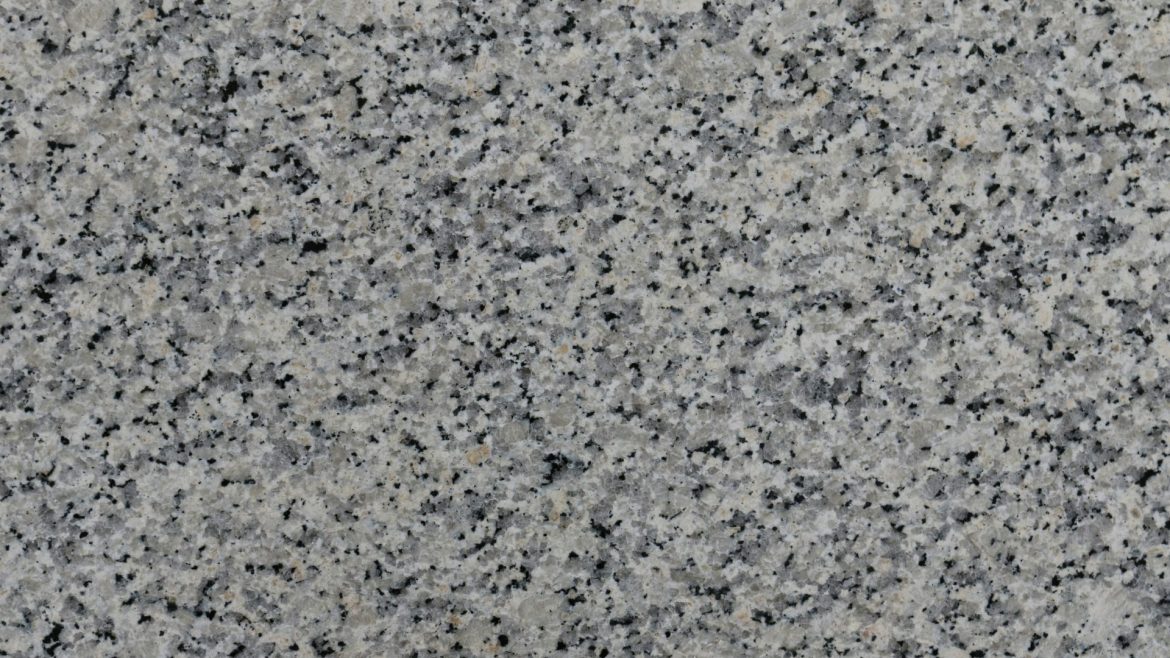Granite is a popular option for both indoor and outdoor applications since it combines elegance with durability and endurance. It is an igneous rock, which means it is made of lava and found deep inside the earth’s crust. It contains minerals such as feldspar, silica, mica, and quartz. The mineral deposits in granite vary depending on the place where it was quarried since the creation of the stone and the time it took for the lava to cool is determined by where the stone was formed and how long it took to cool. This also influences the stone’s colour. Granite is available in a variety of colours, ranging from dusky pink and white to blue, black, and even gold. This characteristic makes it an ideal natural stone for use in the building sector.
For the uninitiated, the identification of granite and marble can be confusing. However, a closer look at the two stones reveals clear discrepancies.
- Granite has flecking while marble has veins.
- Granite has a Mohs hardness of 6-7, whereas marble has a hardness of 3-5.
Granite’s intrinsic hardness makes it stronger and more durable than marble. Granite is scratch-resistant, and its innate ability to endure high temperatures makes it an excellent choice for kitchen counters. Because of its endurance, it is often used as flooring, particularly on patios, in kitchens, and bathrooms.
Flooring: Granite is a wonderful stone for flooring, particularly for outside or open-air areas. Its durability makes it ideal for usage in patios, walkways, and swimming pool areas. Granite is often used for flooring because of its durability. As previously said, it is a durable stone, therefore it can endure scratches and general wear and tear rather well.
Kitchen countertops: As previously said, granite is an exceptionally durable stone, making it an excellent choice for both kitchen flooring and worktops. Its heat-resistant characteristics make it an ideal workstation in the kitchen. is heat-resistant and simple to maintain. Granite countertops are stain- and scratch-resistant when properly sealed.
Bathroom: Granite may be used not only as flooring in the bathroom, but also as shower walls, sinks, and vanity tops. A properly treated granite stone is impervious to water and soap stains.
The stone is also in high demand for tabletops, and we agree that it looks amazing since it has a kaleidoscopic spectrum that allows you to add colour and make a statement. The vibrant colours contribute to a mood that transforms any flooring into piece resistance.
Having explored the utility of granite, it is vital to note that it is a natural stone and hence requires regular upkeep. It should not surprise you if the stone becomes damaged over time. The granite will need to be sealed and polished to keep its brilliance.
The maintenance of natural stone, whether granite, marble or any other stone, should be left to specialists; nevertheless, how frequently professional maintenance is necessary is determined by how the stone is cared for. Simple care suggestions, such as clearing up spills right away and using neutral cleaning chemicals to wash down the floor and worktops, can help your stone last longer.

